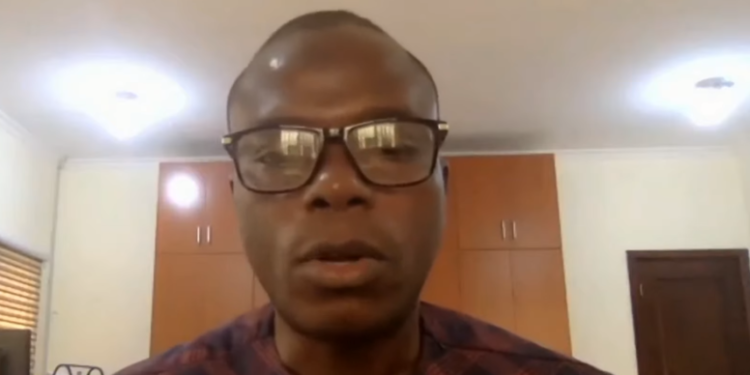The Media Foundation for West Africa (MFWA) has opposed granting the press unrestricted access to live court proceedings.
The Foundation’s Executive Director, Sulemana Braimah, in an interview with , Evans Mensah commended the transparency aspect but highlighted cautionary issues that must be considered.
He noted that some witnesses might feel uncomfortable standing in front of cameras, affecting their behaviour.
“There are people you go to interview and they are quite jittery in normal interviews, not cross-examination or anything…that is why people conduct media training sessions for CEOs and others so they familiarise with it and not behave awkwardly during the interviews,” he stated.
He further argued that lawyers might change their behaviour knowing their friends and loved ones are watching them live, citing a case in the US where a trial was reversed due to such concerns.
Regarding media coverage, Braimah expressed concerns that local media houses in Ghana might highlight selective aspects of the proceedings based on their interests, potentially leading to misinterpretations.
He stressed the importance of caution in granting unfettered access to live court proceedings to avoid compromising the judiciary’s integrity.
The Media Foundation for West Africa (MFWA) has opposed granting the press unrestricted access to live court proceedings.
The Foundation’s Executive Director, Sulemana Braimah, in an interview with JoyNews PM Express host, Evans Mensah commended the transparency aspect but highlighted cautionary issues that must be considered.
He noted that some witnesses might feel uncomfortable standing in front of cameras, affecting their behaviour.
“There are people you go to interview and they are quite jittery in normal interviews, not cross-examination or anything…that is why people conduct media training sessions for CEOs and others so they familiarise with it and not behave awkwardly during the interviews,” he stated.
He further argued that lawyers might change their behaviour knowing their friends and loved ones are watching them live, citing a case in the US where a trial was reversed due to such concerns.
Regarding media coverage, Braimah expressed concerns that local media houses in Ghana might highlight selective aspects of the proceedings based on their interests, potentially leading to misinterpretations.
He stressed the importance of caution in granting unfettered access to live court proceedings to avoid compromising the judiciary’s integrity.
Mr Braimah emphasised the need to avoid rushing into decisions that could further undermine public trust in the judiciary, urging careful consideration to maintain transparency and accountability without risking the judiciary’s credibility.
Background
On Wednesday, the Supreme Court allowed the live coverage of proceedings related to the controversial Human Sexual Rights and Family Values Bill, commonly referred to as the anti-LGBTQ bill.
This follows a formal request made by the Attorney General, Godfred Dame.
In a letter to the Chief Justice, the Attorney General cited significant public interest in the bill as the basis for the request.
“Respectfully, in view of the public interest in the cases concerning the Human Sexual Rights and Family Values Bill 2024 (the Bill) I would like to recommend that the media (including radio and television) be given full access to the relevant courts to undertake coverage of all proceedings in those cases concerning the Bill,” he said in his request to the Chief Justice.
The move has been lauded by many including the GJA.







